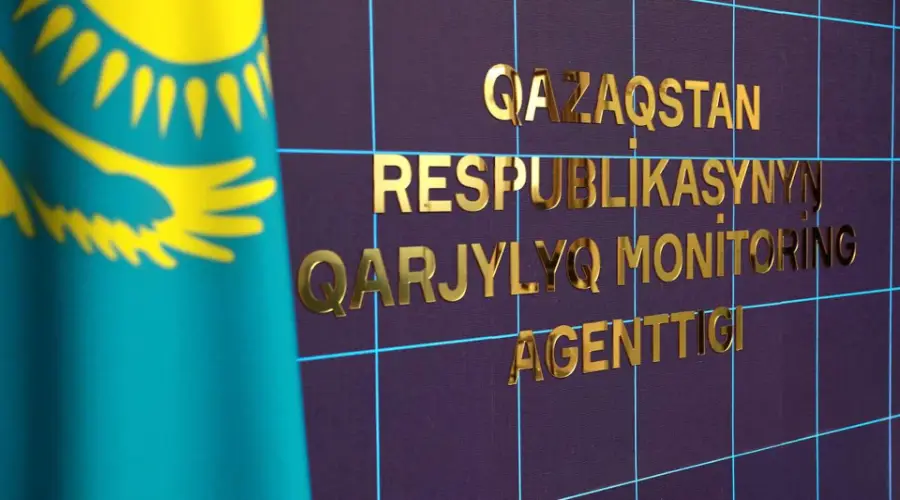It was in the city of Glasgow that the Scottish engineer James Watt improved the functioning of the steam engine and, unwittingly, started the Industrial Revolution. He could never have imagined that humans would burn so much coal, oil and gas in the next two centuries that they would endanger the climate.
Now, more than 120 leaders will speak from this Monday (1) in the same city to start the COP26 climate negotiations, where they will set the tone for two weeks of negotiations that could end with a plan to quickly decarbonize the planet – or do watered down statements to delay what science shows is necessary, possibly postponing until it’s too late.
Climate leaders and experts are calling COP26 the world’s last best chance to tackle the climate crisis. UK Prime Minister Boris Johnson, whose government is sponsoring the talks, will warn on Monday that humanity has delayed time on climate change.
“It’s a minute to midnight and we need to act now,” he said in an opening speech, according to statements sent to journalists.
“We have to move from conversation, debate and discussion to real world action about coal, cars, money and trees. No more hopes, goals and aspirations, valuable as they are, but clear commitments and concrete timetables for change.”
The G20 leaders’ meeting that ended in Rome this Sunday (31) suggests that the leaders are finally listening to the science, but they still lack the political unity to make the ambitious decisions needed to face the moment.
COP26 brings together around 25,000 people for one of the biggest international events since the beginning of the pandemic – and it comes after a year of extreme weather conditions that claimed hundreds of lives in unexpected places that caught even climate scientists off guard.
The last UN climate science report published in August made it clear what needs to happen: limit global warming to as close as possible to 1.5 degrees Celsius above pre-industrial temperatures to avoid further aggravating the impacts of the climate crisis.
To do this, the world must halve emissions over the next decade and by mid-century reach net zero – where greenhouse gas emissions are no greater than the amount removed from the atmosphere.
All of this language was in the G20 leaders’ communiqué, including the recognition that, in order to reach net zero by mid-century, many member countries will need to put into practice their emission reduction pledges, known as Nationally Determined Contributions (NDCs, for its acronym). in English), throughout this decade.
But the failure to put an end date to the use of coal – the single largest contributor to climate change – and to make all countries firmly commit to net zero by 2050 (as opposed to 2060, like China, Russia and Saudi Arabia have committed) shows that countries that use and produce fossil fuels still have a major influence on global climate agreements.
In fact, China’s long-awaited new emissions pledge presented last week was only a fraction larger than the previous one.
Russian Foreign Minister Sergey Lavrov said Sunday he would not be “heavily armed” for net zero by 2050. Australian Prime Minister Scott Morrison has shown no interest in leaving coal to history.
India has made no net zero pledges and, as European lawmaker Bas Eickhout told CNN, is one of the few nations opposed to the date for phasing out coal.
Michael Mann, a leading scientist at Pennsylvania State University, said it is promising that leaders will recognize that they need to do more on emissions this decade, but what is important is to ensure that all major emitters have consistent plans to keep warming below. 1.5 degree Celsius.
“And also closing the ‘implementation gap’. That is, closing the gap between what the heads of state have nominally committed themselves to and what they are actually doing,” Mann said.
Mann warned that COP26 should not be a summit for postponement tactics and said he was still hopeful that countries could agree to the elimination of coal in the negotiations, even if the G20 leaders did not reach an agreement on that point.
“The International Energy Agency itself has said that there cannot be a new fossil fuel infrastructure if we are to avoid dangerous warming. And the G7 countries pledged to phase out coal and end support for new coal projects earlier this summer,” Mann said.
“We need to see similar commitments from the G20 countries, including an accelerated timetable for phasing out coal.”
Promises from the G20 ‘are not ambitious enough’
The G20 declaration pledged to end overseas coal financing by the end of this year. Chinese President Xi Jinping, at the UN General Assembly in September, announced the end of Chinese financing of international coal, removing the largest global funder of coal projects.
Helen Mountford, vice president for climate and economics at the World Resources Institute, said the deal and current emissions pledges are not ambitious enough to avert the most dangerous levels of warming and many are unlikely to be able to get countries on board. zero liquid path.
“To keep the 1.5°C target within reach, countries need to set 2030 climate targets that outline a realistic path to meeting these net zero commitments,” she said in a statement.
“Currently, several G20 countries are not on a credible trajectory to reach their net zero targets, including Australia, Russia, China, Saudi Arabia, Brazil and Turkey.”
‘That’s not nearly enough’
UN Secretary General António Guterres said on Sunday that he was leaving Rome “with my hopes unfulfilled, but at least they are not buried.” He was hopeful that Glasgow could still “keep alive the 1.5 degree target”. Guterres’ comments reflect the mood of many at COP26.
If the G20 can’t set a coal end date and make a firm net zero commitment, there’s a sense that getting the whole world involved in these key issues simply won’t happen.
There is also an issue of trust. The developed world promised more than a decade ago that it would transfer $100 billion a year to the Global South to help it transition to low-carbon economies and adapt to the new world of climate crisis.
That target was not met last year, and a report by the COP26 presidency published last week showed that it would not be met until 2023, with current promises in hand.
Mohamed Nasheed, former president of the Maldives who heads the Climate Vulnerability Forum, lamented the lack of action in the G20 statement, especially on the failure to eliminate coal.
The Maldives is a nation at the forefront of the climate crisis and is in danger of being submerged by rising sea levels by the end of the century.
“This is a welcome start,” Nasheed said in a statement. “But that won’t stop the climate from warming by more than 1.5 degrees and devastating large parts of the world, including the Maldives. And then, clearly, that’s not enough.”
Zero net, coal elimination and climate finance will still be a priority for negotiators.
Other areas that could be successful are an agreement on ending and reversing deforestation by 2030 and moves around accelerating the transition to electric vehicles around the world.
Tom Burke, co-founder of climate think group E3G, was more optimistic, saying the G20 statement showed a shift in thinking among leaders around the urgency of the climate crisis.
“The big win is this shift in focus from 2050 to 2030. I think it’s a big big win,” he told CNN.
“It’s a better start than we expected. The political agreement reached at the G20 will create political momentum when leaders come together to start the COP.”
(This text is a translation. To read the original, in English, click here)
Reference: CNN Brasil
I’m James Harper, a highly experienced and accomplished news writer for World Stock Market. I have been writing in the Politics section of the website for over five years, providing readers with up-to-date and insightful information about current events in politics. My work is widely read and respected by many industry professionals as well as laymen.







